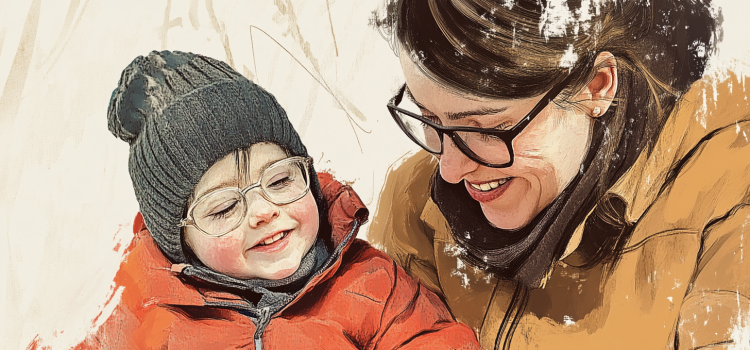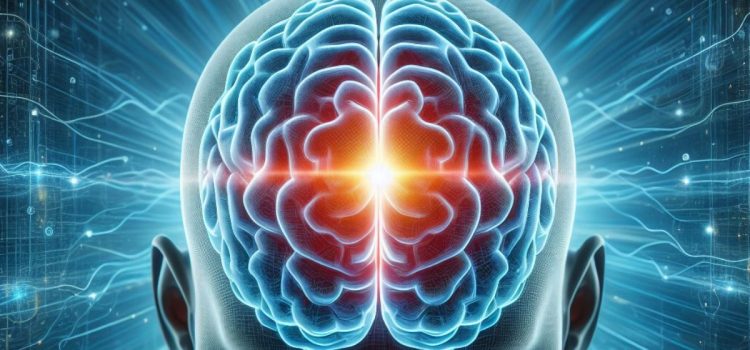What does it mean to value a life beyond its capabilities or perceived “normalcy”? How can parents navigate both accepting their child’s identity while seeking appropriate support for their disability? In Far From the Tree, Andrew Solomon explores the complex intersection between illness and identity when parenting a child with a disability. He presents a nuanced view that balances the medical model of disability with the social model that recognizes disability as both a natural variation and a socially constructed experience. Keep reading to discover how parents can embrace their child’s unique identity while advocating for a more inclusive world.
Parenting a Child With a Disability: Illness vs. Identity










